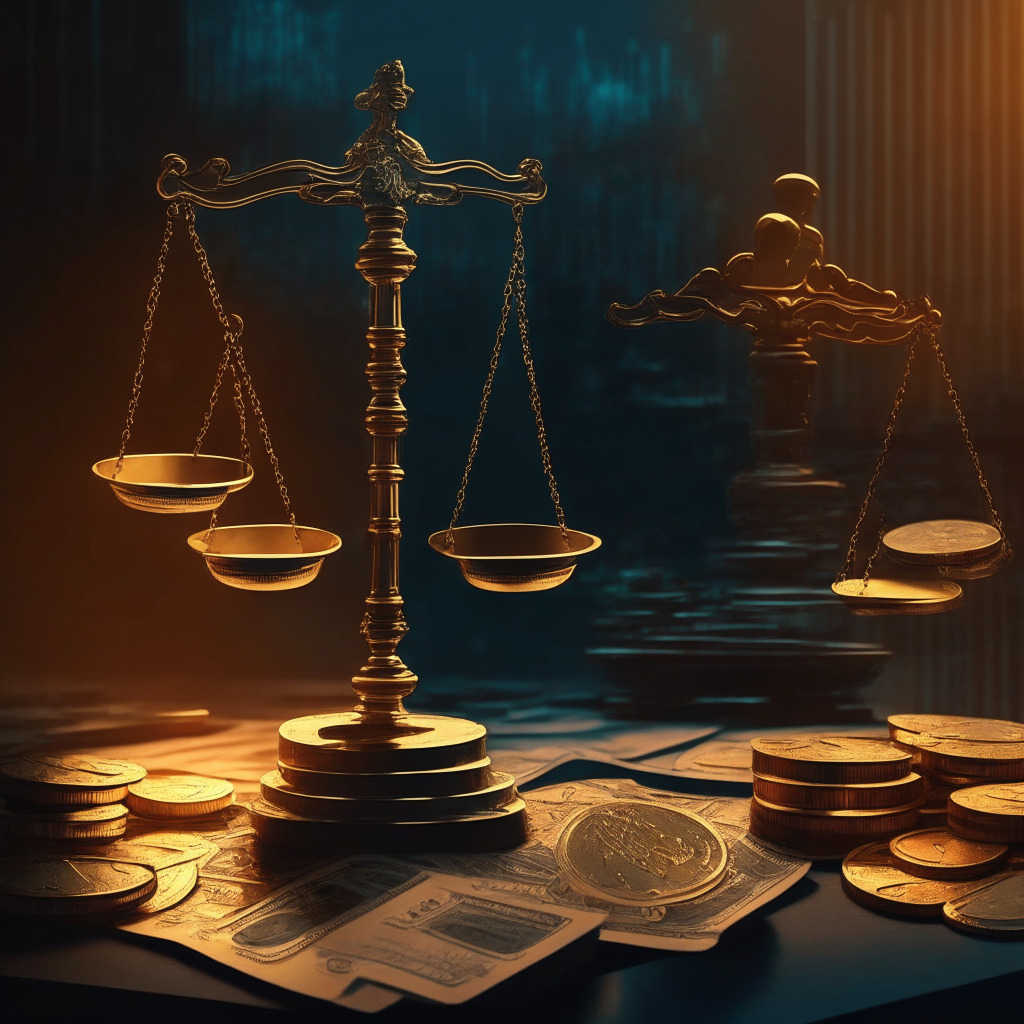A recent US Federal court ruling has made it clear that the Internal Revenue Service (IRS) has the legal right to access Coinbase user data. The case, brought forth by a plaintiff who argued that the request for his trading records violated his constitutional rights, ultimately saw the court siding with the IRS. This development may be seen as a regulatory milestone for the crypto community, as the request to access trading-related data for tax evasion checks is now deemed lawful.
Proponents of the ruling argue that this is a necessary step to ensure that trading and investing in cryptocurrency follow the same regulatory frameworks as traditional trades. It is a crucial aspect of legitimizing cryptocurrency within the financial sector. The tax agency, which has been using “John Doe” summons for digital asset enforcement since 2016, has stated that proper tax declaration on crypto trades is of vital importance, and this ruling aids the IRS in reaching this goal.
On the other hand, detractors of the ruling may point out that access to user data presents a risk to privacy and individual rights. While it is crucial for taxes to be handled correctly and for the crypto trading community to follow legal practices, the extent to which the IRS can access user data may create unease among investors. This concern is somewhat exacerbated by past events, like Coinbase being forced to hand over user information back in 2017 following a separate summons against the Delaware-registered exchange.
The ruling is likely to impact future developments within the market, as exchanges and cryptocurrency users will have no choice but to adjust to the legal framework established by the court. The decision forces cryptocurrency traders and investors to consider the implications of their privacy and individual rights while taking part in the market. However, this move can be seen as a part of an ongoing global trend, with governments and regulatory authorities aiming to bring digital currencies under their purview.
Ultimately, the debate around this ruling revolves around a trade-off between regulation and privacy. As cryptocurrency continues to gain traction among the public, it has proven essential for government authorities to strike the right balance between maintaining public trust and protecting investors from potential fraud and tax evasion issues. In the ever-evolving world of cryptocurrency, finding a balance may prove challenging, but it is a challenge that governments and regulators need to address to ensure the legitimacy and security of this growing financial sector.
Source: Blockworks




